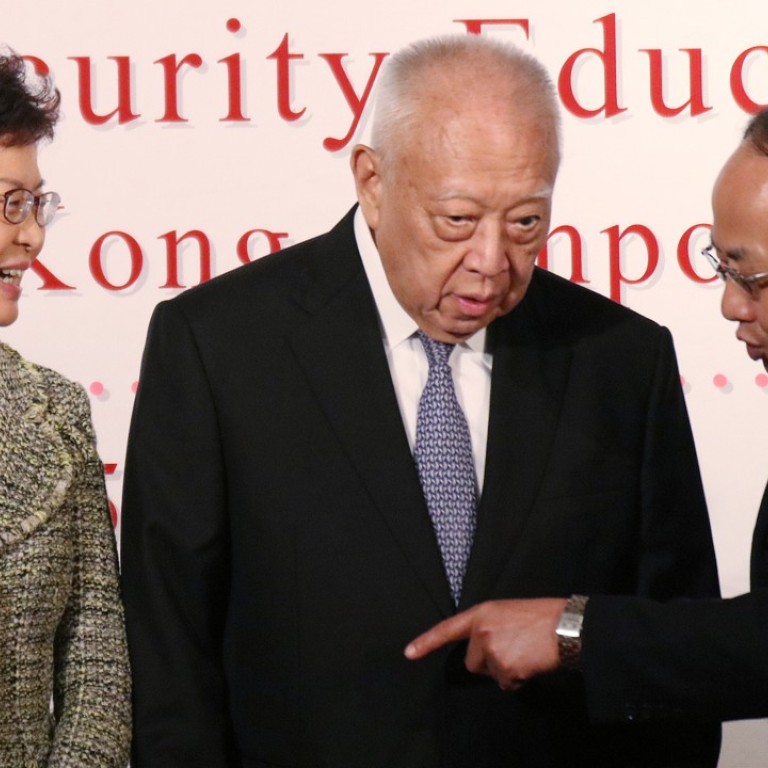
Article 23 in Hong Kong: will there ever be a right time for a national security law?
Mrs Carrie Lam Cheng Yuet-ngor knows quite well that this is not the right time to handle this sensitive issue, and she is frank enough to admit that the Hong Kong SAR has to create an atmosphere that is conducive to proceeding with it.
Even members of the pro-establishment camp have urged or reminded the chief executive that a decision on this controversial piece of legislation should not be dragged on indefinitely.
The question is: how long should we wait for the right environment for this “taboo” legislation to be dealt with? If the wait is indefinite, the city government is expected to face criticism.
Hong Kong is ‘only place in the world without national security law’, liaison office chief says
If the present government can conquer even one of these mountains, opposition to Article 23 legislation may be significantly reduced. But how will the government overcome the remaining mountains?
Lo Wai Kong, Yau Ma Tei

